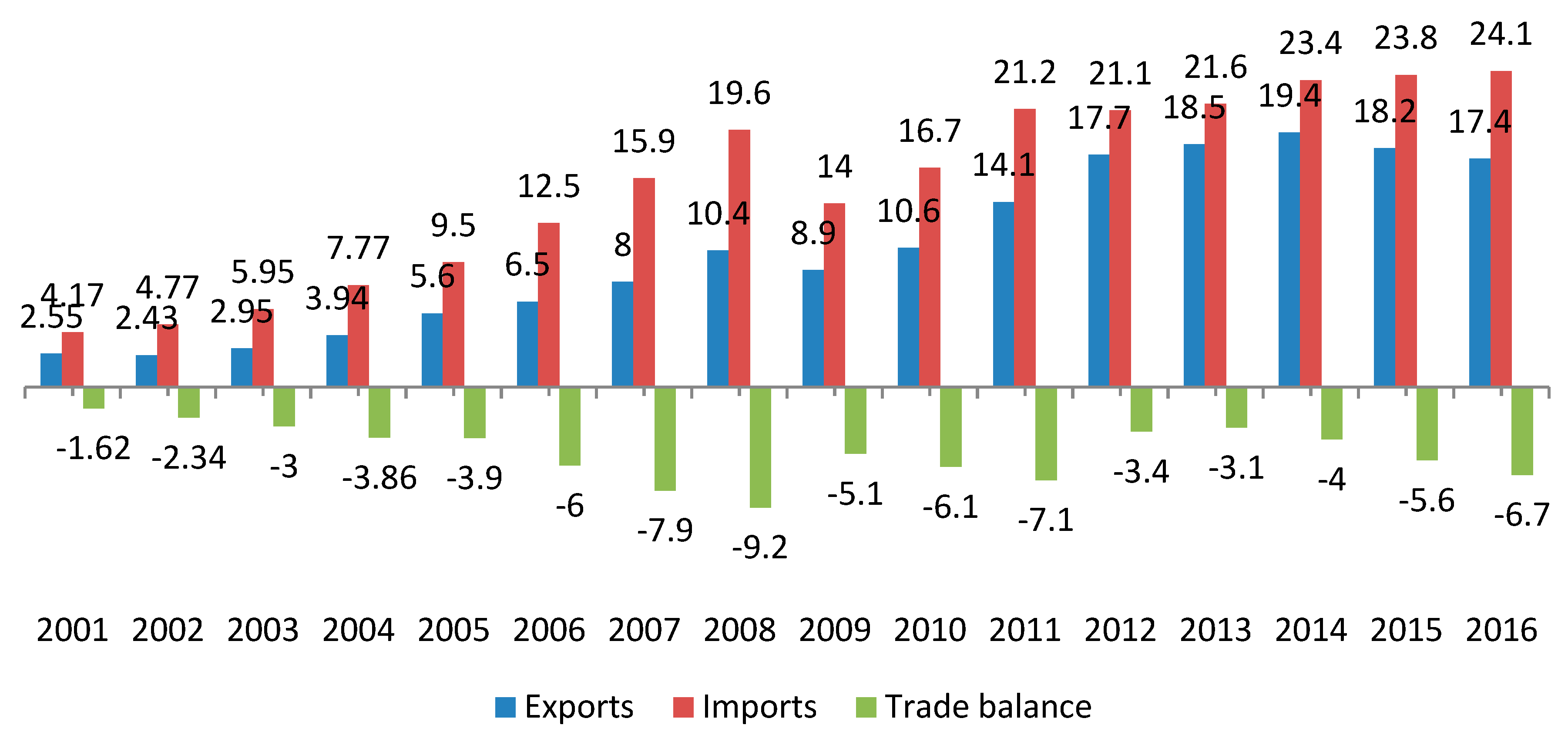In an era of globalization, tax treaties play a pivotal role in international relations by shaping economic and political interactions. The European Union (EU), with its complex economic architecture, increasingly relies on tax treaties to forge and strengthen its relationships with emerging markets. These treaties are not only tools for avoiding double taxation but also instruments that influence investment flows, economic partnerships, and diplomatic ties. This article delves into the role of tax treaties in shaping the EU’s relations with emerging markets, exploring their impact on economic dynamics and partnerships.
Examining Tax Treaties in EU-Emerging Markets Dynamics
Tax treaties between the EU and emerging markets are designed primarily to eliminate the issue of double taxation, which can be a significant barrier to cross-border investment and trade. By providing clarity and reducing the tax burden on businesses operating in multiple jurisdictions, these treaties create a more favorable environment for investment. For the EU, engaging with emerging markets through tax treaties is an opportunity to tap into new growth areas, diversify its economic partnerships, and reduce dependency on traditional markets. This strategic approach not only fosters economic growth but also strengthens geopolitical alliances.
Moreover, tax treaties serve as a framework for legal and economic cooperation between the EU and emerging markets. They establish common ground on tax-related issues, such as the allocation of taxing rights, exchange of information, and dispute resolution mechanisms. This cooperation is crucial for addressing tax evasion and avoidance, which are significant challenges in both developed and developing economies. By harmonizing tax rules and enhancing transparency, these treaties help build trust and stability in economic relations, which is vital for sustainable development.
However, the dynamics of tax treaties are not without challenges. Emerging markets often face the risk of unequal benefits from these agreements, as they may lack the negotiation power to secure favorable terms. This imbalance can lead to situations where the EU’s economic interests are prioritized over those of the partner country. Thus, it is essential for the EU to approach tax treaty negotiations with sensitivity to the developmental needs and capacities of emerging markets, ensuring that the agreements contribute to mutual growth and equity.
How Tax Agreements Influence Economic Partnerships
Tax agreements significantly influence the nature and strength of economic partnerships between the EU and emerging markets. By reducing tax barriers, these treaties encourage foreign direct investment (FDI), which is a critical driver of economic growth and development. FDI brings capital, technology, and expertise to emerging markets, enhancing their industrial capabilities and competitiveness. For the EU, investing in emerging markets offers access to new consumer bases and resources, which are essential for sustaining its economic dynamism.
Furthermore, tax treaties can facilitate trade by providing a clear and predictable tax environment for businesses. This predictability reduces the risks associated with cross-border transactions, encouraging EU companies to explore new markets. In turn, emerging markets benefit from increased trade opportunities, which can lead to job creation, infrastructure development, and improved standards of living. Through these economic interactions, tax treaties contribute to the integration of emerging markets into the global economy, promoting inclusive growth.
Nevertheless, the influence of tax agreements on economic partnerships is contingent on effective implementation and enforcement. Both the EU and its partner countries need to ensure that the provisions of tax treaties are upheld to prevent issues such as tax base erosion and profit shifting. This requires robust legal frameworks, efficient tax administrations, and ongoing dialogue between the parties involved. By addressing these challenges, tax treaties can serve as a catalyst for deeper economic integration and collaboration.
Tax treaties are indispensable tools in shaping the EU’s relations with emerging markets, offering a pathway to enhanced economic cooperation and mutual growth. While they provide significant benefits by facilitating investment and trade, the effectiveness of these treaties depends on equitable negotiation and diligent implementation. As the EU continues to engage with emerging markets, it must ensure that tax agreements are crafted to support sustainable development and address the unique challenges faced by these economies. By doing so, tax treaties can become a cornerstone of thriving and equitable international partnerships.
